Source: press release CAKE | CAKE announced the latest development in its anti-poaching program, concerted in close cooperation with the Southern African Wildlife College, SAWC. As a direct result of consumer action, a further eight electric Cake Kalk AP motorcycles and Goal Zero solar power stations have now been distributed, to be used in anti-poaching activities in protected areas.
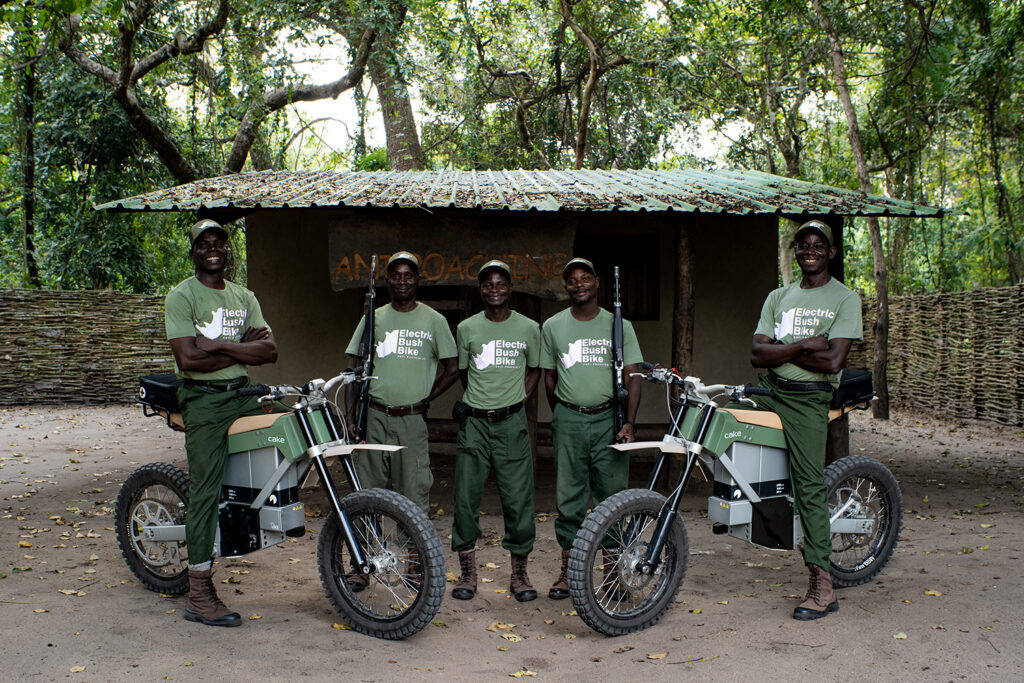
“The anti poaching project is dear to us as it combines the main components of what Cake is all about – new technology, 100% solar charging, silently and without polluting, serving purpose and efficiency – literally saving lives”, said Stefan Ytterborn, founder and CEO of Cake.
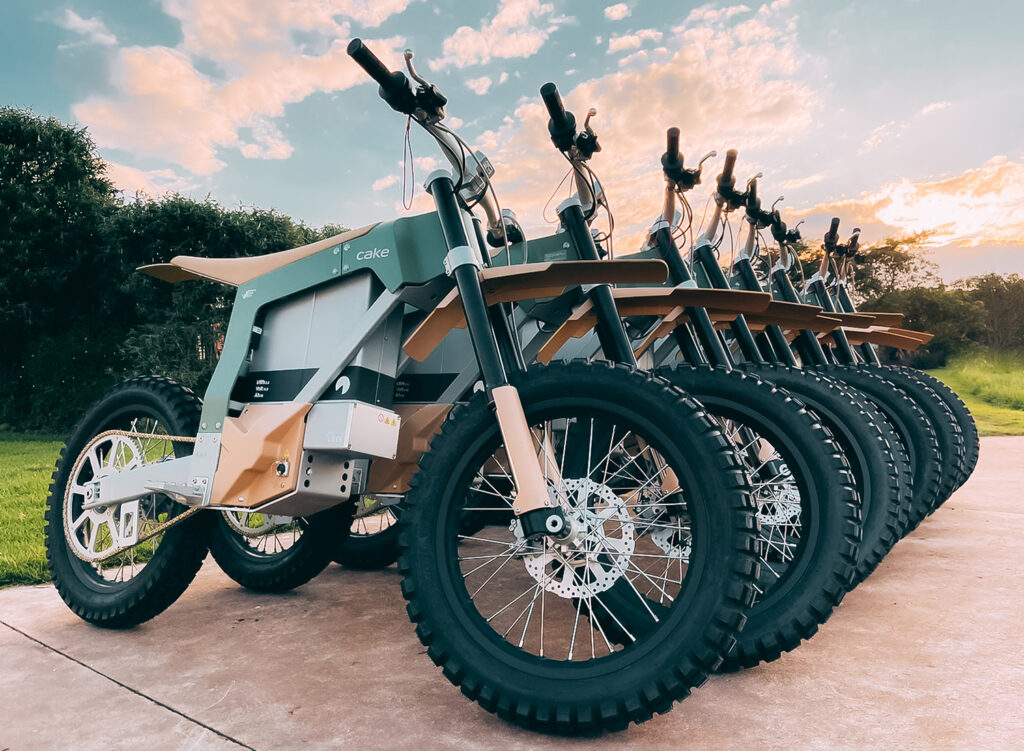
Buy a motorcycle, fight wildlife poaching
Specifically built and tuned to park ranger specifications, great consumer interest in the Kalk AP had Cake introducing a “buy one, give one” campaign in 2021. Customers would effectively buy two motorcycles, with one being gifted for use in the anti-poaching project run in close collaboration with the SAWC. To sweeten the deal further, Cake and Goal Zero donated a solar power station, custom designed for efficient use with Cake motorcycles, to the anti-poaching project, for every bundle sold. As a result, the initial two silent, solar-powered, anti-poaching motorcycles donated by Cake have now been accompanied by a further eight, currently in use by rangers.
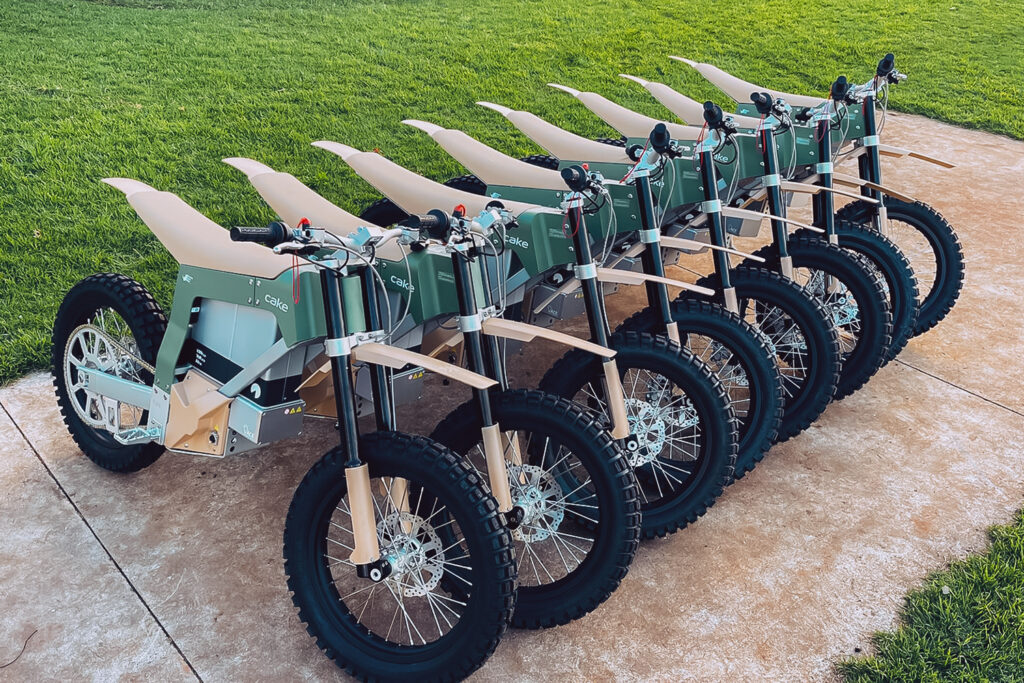
“The petrol bikes we’ve used previously have all been loud, heavy and expensive to keep running in these areas. The Cake bikes are quiet, which makes it easier for us to approach poachers undetected”, commented Mfana Xaba, Anti-poaching team leader on the ground, who has received training by the SAWC.
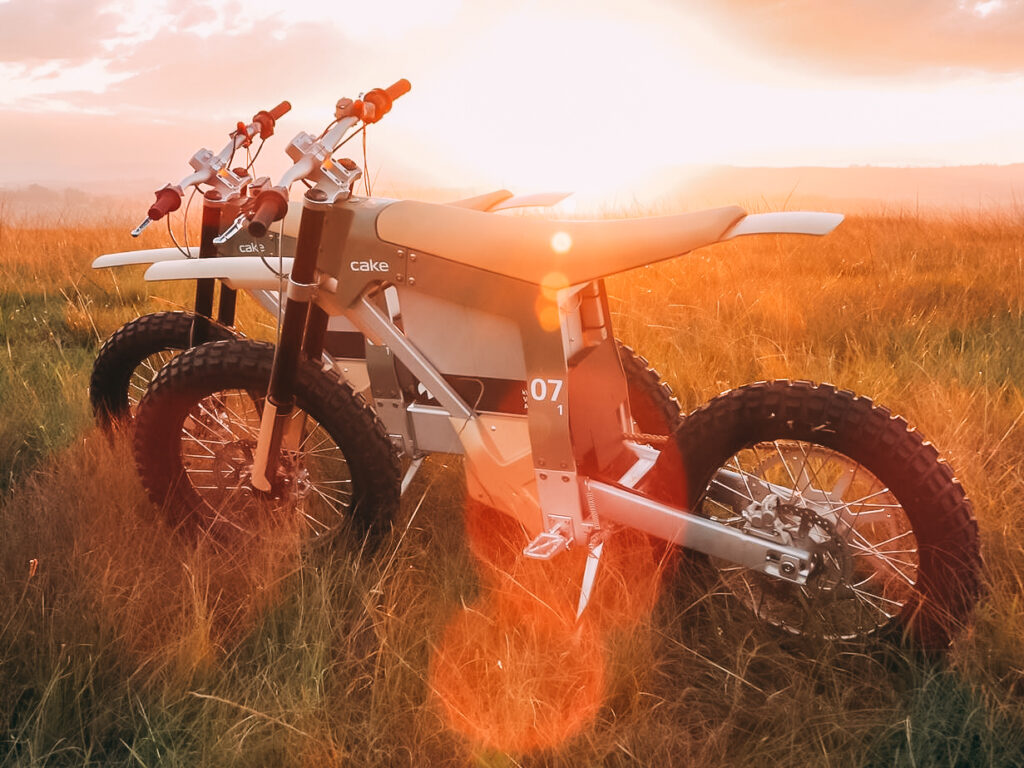
A collaboration in the wild
The Anti-Poaching Project has to date received EUR 300,000 worth of equipment, ranging from electric motorcycles to solar panels. The Cake Kalk AP, a modified version of the Cake Kalk off-road motorcycle, has proven to be an important tool for park rangers, with the silent properties of the electric drivetrain offering quiet patrolling and stealth missions during nighttime.
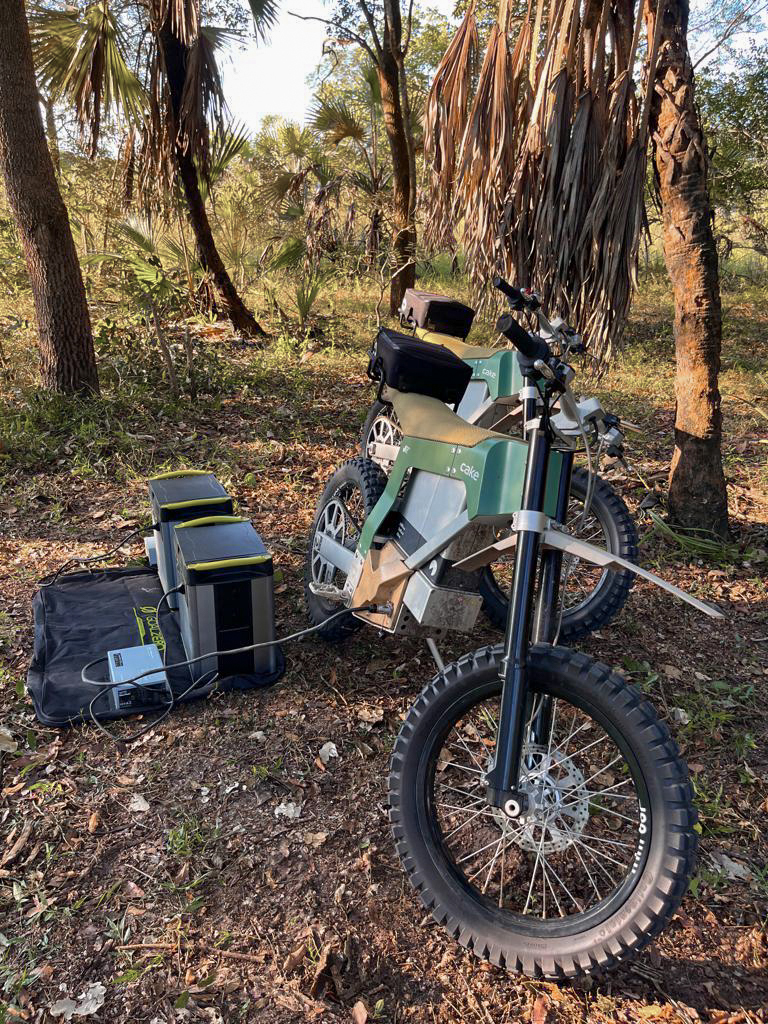
The benefits of using solar-powered, electric motorcycles are continuously being monitored and evaluated, to determine the actual monetary and environmental effects of lowering fossil fuel dependency. As part of its applied learning approach, the SAWC is in the process of conducting a research project on the effectiveness and efficiency of the bikes, which will in turn lead to potential improvements being made specifically for use in conservation areas.